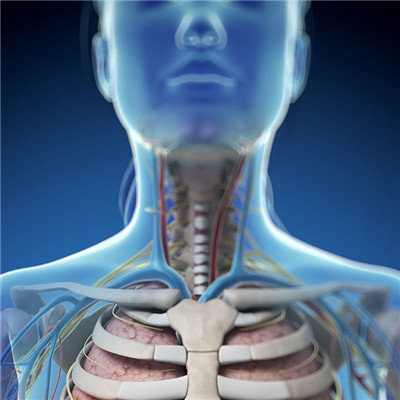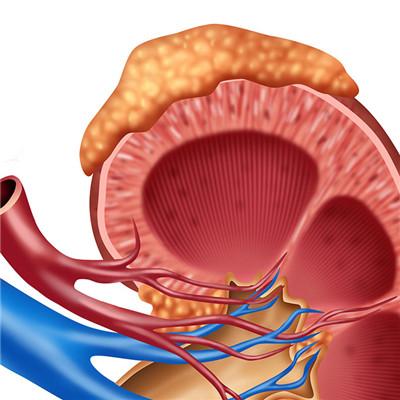Metastatic symptoms after breast cancer surgery?
summary
After the occurrence of breast cancer, the most effective treatment is surgical resection. Surgical resection can make the cancer tissue clean and thorough. This is very good for the treatment of breast cancer. But there are many patients, there will be recurrence after surgery. Metastatic symptoms after breast cancer surgery? Now let me tell you something.
Metastatic symptoms after breast cancer surgery?
Axillary lymph node metastasis rate of breast cancer patients is very high, which is the most common and early metastasis site, accounting for about 60% of the patients. Cancer cells infiltrate into axillary lymph nodes along the lateral edge of pectoralis major. Axillary lymph node metastasis is related to the size of primary tumor. The larger the tumor volume is, the later the disease stage is, the higher the axillary lymph node metastasis is and the more the number of metastasis is. Clinically, even if the axillary lymph nodes are not palpable, postoperative lymph node metastasis is often found.

The metastasis rate of parasternal lymph nodes is about 30% ~ 50%. The cancer cells infiltrate into the parasternal lymph nodes and then reach the supraclavicular lymph nodes. The tumor thrombus can also flow back to cause pleural or spinal metastasis. Most of the pulmonary metastases were nodules of different sizes in the lung, occasionally a single nodule. A few cases showed carcinomatous lymphangitis with obvious cough, shortness of breath and cyanosis.

Hematogenous metastasis: breast cancer cells can directly invade blood vessels and cause distant metastasis. The vein of breast deep tissue, chest muscle and chest wall flowing into axillary vein, subclavian vein and innominate vein is an important way of lung metastasis. The incidence of distant metastasis of breast cancer is related to the size of primary tumor, the number of lymph node metastasis and pathological grade. The most common distant metastasis of breast cancer is lung, followed by bone, liver, soft tissue, brain and adrenal gland.

matters needing attention
Obesity and weight gain may lead to breast cancer. Usually, we should take less animal fat and more fibrous food, vegetables, fruits, cereals and beans, so as to reduce the estrogen in the body that may cause breast cancer and reduce the incidence of breast cancer. According to the statistics of medical experts, women who often exercise have a 30% lower risk of breast cancer than women who don't exercise. More exercise is not only good for health, but also can prevent the occurrence of breast cancer.













